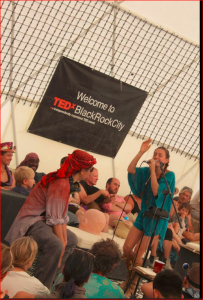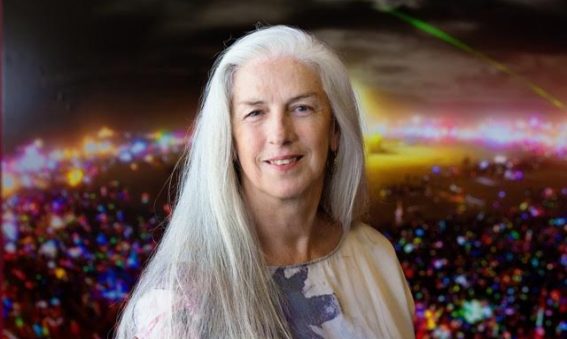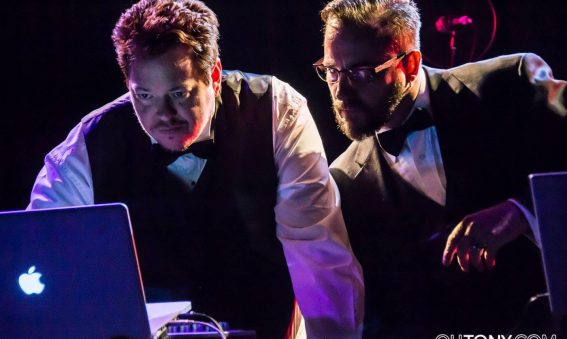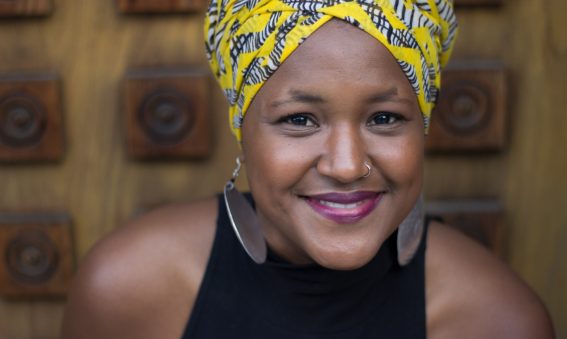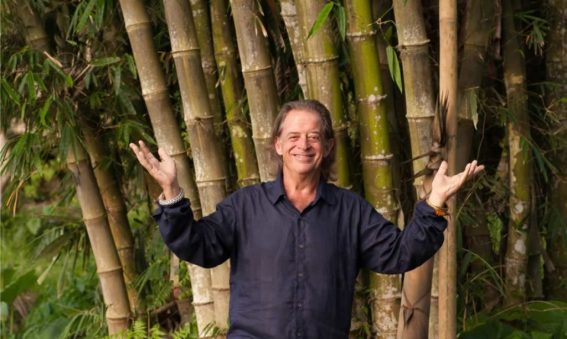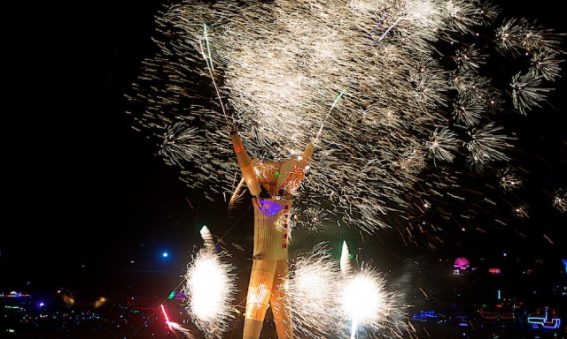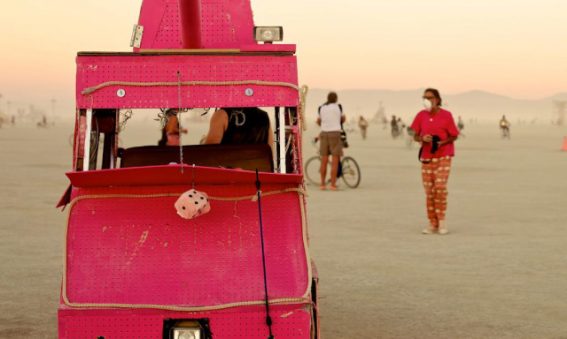In many cases we look for the large drivers for human behavior — but in this talk I would like to give many examples about the need to focus on the small details and how they end up mattering a lot in changing and influencing the way we behave — at the end of the day this will be about the importance of small details in our environment as influencing our behavior.
ANDREW BRANDEIS – “UNTITLED”
What do one million doctors agree is the most effective treatment for every disease?
Doctors are leveraging social networks and big data to capture, structure and share the experiential knowledge of every doctor on the planet.
ELIAS CATTAN – “REGENERATING A CITY, REQUIRES REGENERATIVE HUMANS”
My life’s work heading my architecture and urbanism office for the last 11 years has led me to understand the importance of cities, both what it gives to people living in the city, the relationships we generate with rural areas, and what it requires from us to live this way.
Cities will be the turning point in our relationship to nature, bringing ecosystems into the urban fabric and part our daily lives will enhance not only our water, air and food systems; this will also make us healthier, happier, more connected with our communities and averting a planetary crisis the best way possible. Making things better than they have ever been.
Mexico City is at it’s core a Cosmopolitan city, the first time 4 of our 5 continents where present in
one place. 500 years ago. Globalization started with the Columbian Exchange, and Mexico is still at it’s vortex. Providing the world with resources like corn, chocolate, tomatoes, and silver. Creating a world market and the distribution of organisms around the world.
Latin america in general is a glimpse of where we are headed, almost 80% live in cities. It is crucial for our people-city, community-watershed dynamics to change. Have them bring a positive impact to our environment. From simple things like: ride your bike to work, talk and get involved with your neighbors and community, instal a rain water harvesting tank and plant an urban food garden. To more complex things: shifting national policy from grey to green infrastructure, generating cross-disciplinary dialog and generating the social cohesive movement that will carry projects forward.
The time is now, we are working and implementing a number of micro scale interventions and working on bigger scale projects by joining forces with other emerging regenerative practitioners, to be able to transition together towards a more integrated, beautiful, enhanced, healthy city-eco-systems.
JIM CLARK – “PHASE CHANGE: HOW NOTHING WILL EVER BE THE SAME AGAIN”
“Phase changes” are usually used to describe the near total transformation from one state to another, such as liquid water to ice or steam. Human civilization has begun to under a change so dramatic and complete that it can be considered a true phase change. We are entering an era when we may be able to make anything out of anything anywhere at any time. An age when the old definitions even of what it means to be human will be almost as changeable. An age when immortality is not inconceivable. An age when the entire planet’s climate is our to control and destroy or repair. An age when life and machine will blend into one. An age when nothing will ever be the same again. I will show how.
GREGORY DELAUNE – “BOOMTOWN FOR THE CULTURAL METROPOLIS; THE RISE OF PROGRAM-BASED CITY PLANNING”
Traditional physical planning paradigms for urban revitalization are proving woefully ineffective in the face of city government bankruptcies; wide spread urban decline, and bureaucratic gridlock. This reality is fueling a paradigm shift towards grassroots community engagement that unleashes the human potential of the unemployed (and underemployed) creative class through cultural events, rapid prototyping, and gorilla entrepreneurship. Ephemeral Black Rock City is a Program-Based Virtual Community that, relative to the untold invested hours of human labor, creativity, and capital, is physically manifest for only a fleeting instant. BRC as a phenomenon is emblematic of how creativity and innovation have replaced physical redevelopment planning and capital investment as the true drivers of community development and urban revitalization. Program-Based Planning is the codification of this phenomena, laying the ground work for how communities across the globe can harness the untapped human potential of their local citizens to re-purpose our declining neighborhoods as urban innovation ecosystems, where the new fruits of locally grown sweat equity can ripen on the vine, contributing to a renewed age of community-centric prosperity.
EVONNE HEYNING – “DIY EDUCATION FOR EVERY PERSON ON THIS PLANET - ENDING SLAVERY BY EMPOWERING PEOPLE TO LEARN”
This is a big vision paradigm shift talk designed to spotlight the crux of modern slavery on this planet and show how we can dismantle unjust & cruel systems in just a few years by supporting each others growth in a global DIY maker movement. We will talk tools, strategies & big levers to push to get it done.
JOHN HUMPHREY - “ENERGY IS POWER”
Millions of people cook all their meals with a wood fire on the ground. At the same time, many corporate executives fly around in their own jet planes. These are the two extremes of the energy access spectrum.
Access to energy directly relates to quality of life. If you are cooking your meals with wood or cow patties, your access to energy is extremely low and, non-coincidentally, most other quality of life indicators will be low.
In parts of the developing world where people have no electric power, it’s often cheaper to build solar micro-grids than to extend the utility cables. These locally owned mini grids can help communities LIFT THEMSELVES out of poverty.
Having access to energy means having light to study at night, being able to charge a cell phone, having a radio or TV. You can keep food from spoiling… If you have energy you can work smarter and make more money, in turn enabling you to buy more energy, which …, see what I’m getting at?
The mini grid operator is building a local business that supplies a product, ENERGY. As the local economy improves, more energy is affordable, and the system can grow. Locals build a local supply chain and learn the job skills for maintenance routines.
The entire community is able to leverage itself out of poverty with a sustainable business model. A much better approach than donating free solar panels is build an enterprise around energy usage.
PIA HENRIETTA KEKALAINEN – “WHAT WE NEED TO DO BEFORE WE LEAVE THIS PLANET FOR GOOD”
There has been growing interest towards space (again), and a certain pioneer in the field even wants to die on Mars. Space travel tickets are sold, and the Mars inhabitation is modeled after Burning Man. However, taking that first step on to a different planet, we as humanity will take an irreversible step: always having humanity off Mother Earth.
The implications are widespread, but one thing we crucially need to think of, right now, is what we as a humanity need to do on this planet before spreading like a virus into the universe ( and possibly bringing children up planets apart). The BRC community are the perfect people to ideate solutions for the challenges we are still facing on earth - such as having no common understanding - and changing the status quo..
MANU JOENIG – “VILLAGE GOVERNANCE IN AN INTERCONNECTED WORLD: HOW DIGITAL DEMOCRACY WILL EMPOWER COMMUNITIES TO MANAGE THEMSELVES”
The infrastructure of government will become software - really, really good software. When this happens, communities around the globe will have the option of governing themselves and becoming democratic simply by utilizing this software. What would Egypt’s revolution look like if the entire population could have voted on the different elements of the new constitution? What will elections in Pakistan be like when an online third party counts the votes? What would Occupy Wallstreet have looked like if the occupiers had shared one set of demands that all of the United States could have voted on? What will international affairs look like when citizens can collaborate without self-interested government entities managing the interactions?
The tools that are available today are in their infancy, but can already be put to use in your community. If anything, we in the free world have a moral requirement to use and develop these methods for others around the world.
NATALIE PADILLA – “ON MOVING FROM IS TO OUGHT”
You’re walking down a road and see a child drowning in a lake – most would say the moral imperative is clear: you ought to save the child. But when that child is on the other side of the world, or that lake is extreme hunger, human bias kicks in. Nowhere are these bias’ more evident than in our current food system. The violence inherent to this system pushes us into making an ethical decision each time we sit down for dinner whether we believe it or not. In this talk, the psychology of ethical decision-making will be discussed – unveiling the mechanisms of bias in our brain (from cognitive dissonance, to dealing with cognitive load) and revealing the simple mental techniques for reaching rational conclusions during moral dilemmas. By merely acting, we are always already making a moral judgment, and recognizing our basic psychological bias’ can propel us towards a more holistic perspective and a more peaceful world.
BEN RANDALL – “THE ACT OF GIVING”
Following the abduction of a friend, a travel photographer alters his way of seeing the world, and learns the power of giving back.
DANIEL ROZENBERG – “ART AS MONEY”
Even though almost everybody in this world uses money every single day, very few people think about what money is, how it works, and how it maybe might work in a different way. How it could be redefined or even changed.
Isn’t money after all just a tool?
Our current form of Money, detached from any tangible asset and only backed by our trust, has seemingly taken on the role of an omnipresent Philosopher’s Stone, magically turning any quality of life into a measurable quantity of bigger or smaller heaps of cash, or rather digits on our computer screen. But not all values and qualities can be converted that easily into a pile of banknotes. After all, isn’t what we really value in life ‘priceless’?
Daniel will talk about his experiences, value(s) of art and money, how the way money works affects our thinking, gift-economy, crowd-funding, and how doing this project has changed himself.
JESSE SHEILDLOWER – “THE FUTURE OF ‘FUCK’”
The word “FUCK”, regarded as one of the most vulgar words in English for the 500 years of its history, is becoming increasingly acceptable. In the past, religious blasphemy (e.g. _God damn_) was considered extremely offensive, as were words insulting someone’s parentage (_bastard, whoreson_). Both categories are now regarded as fairly mild. Sexual and scatological terms (_fuck, shit_) have more recently started to climb the ladder of respectability. At the same time, ethnic and racial terms (_nigger_) have rapidly become completely unacceptable.
What does the future hold for vulgarity in English? Jesse Sheidlower, the Editor at Large of the Oxford English Dictionary, President of the American Dialect Society, and author of _The F-Word_, a comprehensive history of _fuck_, will explain the history of offensive terms in English, and discuss what changes we can expect in the next 10, 50, and 100 years.
EVAN STEINER – “THE PRACTICE OF CHANGE”
The talk will explore paradigm shift from a structural perspective, analyzing the myriad of inter-related factors that create systemic changes in culture. By tying together aspects of personal values, business and finance, collective action, art, and spirituality into a cohesive narrative, it will empower individuals to understand their place in the shifting landscape of society and be more effective in enabling the change they would like to see. Want to bring Burning Man culture into the world? This talk will explore many of the structural elements for how we can collectively make that happen.
KATE STONE – “THE COMPUTER IS DEAD, LONG LIVE PRINT”
Many have said print is dead!
The iPad has caused a significant decline in the number of computers, I only use my iPad/iPhone. I use them because I love the user interface, it’s based on touch. I love paper, books, posters, newsprint, wall paper etc, its the most pervasive user interface. Add touch to paper, a processor, some sound and a connection to the Internet and I believe it won’t be long before we no longer see computers as an object on their own.
JASON WOLF - “OUR “SCIENTIFIC” CONNECTION TO PLANETS, MOONS AND STARS, AKA ‘PROOF OF ASTROLOGY.’”
There is a direct scientific link to humans and planets and in this talk I will guide the audience on a journey from the hydrogen molecules in our bodies, through the magnetic van allen belts that surround the earth. Traveling to the magnetic flux of the sun and ending with the influence planets have on the sun and in turn us. I will point out how exactly planets could affect our moods, decisions, behaviors, etc. with the physics principle of magnetohydrodynamics. The missing link in astrology.


